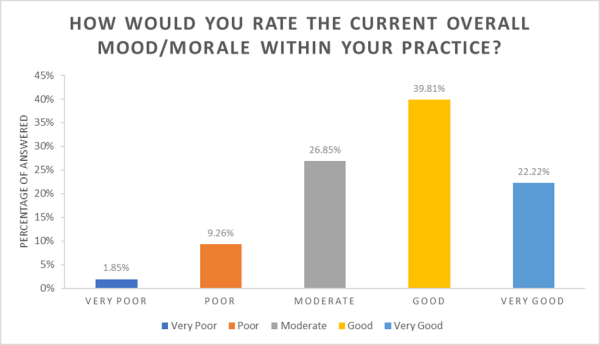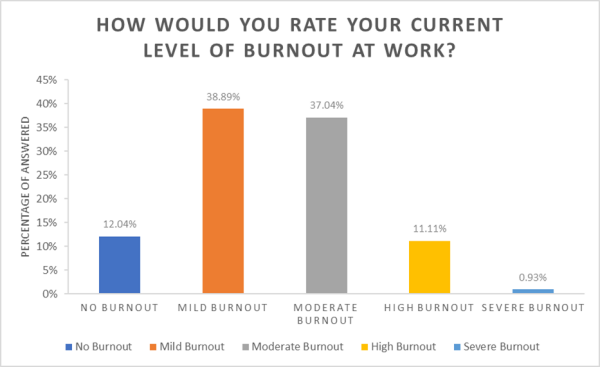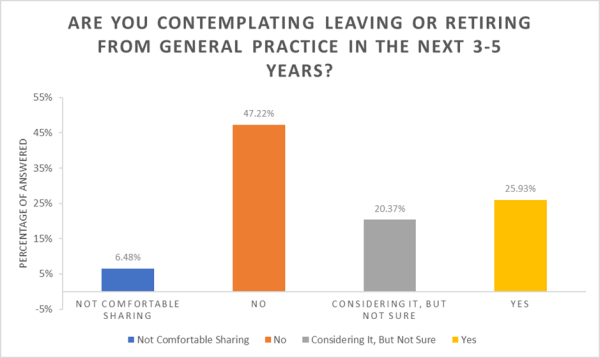General practice staff burning out
Doctors, nurses and other general practice staff are still suffering burn out, WellSouth can reveal, following a second general practice survey. This, as many general practice medical centres in popular tourism destinations across Otago and Southland gear up for a busy summer.
WellSouth Primary Health Network, the primary health organisation (PHO) for Otago and Southland, has surveyed general practices a second time this year testing the morale of general practice staff, asking about pressures they face and what percentage are seeking to leave primary care.
There are 78 general practices on the WellSouth network. Across these, 143 staff responded to the survey.
Primary Health Organisations like WellSouth are not for profit, and are funded by the government to provide accessible and affordable care via general practice and other healthcare providers to people in their region.
WellSouth CEO Andrew Swanson-Dobbs says the survey is designed to get a snapshot of primary care tensions and concerns, as a way for WellSouth to better understand those concerns and advocate for primary care.
“This survey not only informs us of the general pressures and morale, but the comparative data will enable us to build an overall picture and address trends. It also backs up what we are hearing day to day from staff at general practice medical centres across the South.”
The current overall mood/morale within practices has improved since the last survey. There are more who were feeling Good/Very Good, up 62% in comparison to 59% in April.
But while morale is improving, overall, the feedback is less positive. Asked ‘how would you rate your current level of burnout at work?’, 76% of respondents indicated to currently being mild to moderately burnt out, with a further 11% indicating currently being highly burnt out.
“That’s 87% of staff at our general practices who are feeling some form of burnout, with 11% feeling high burnout. That’s alarming!” says Mr Swanson-Dobbs.
“These high levels of burnout are not surprising giving the persistent challenges including under-funding of primary care and workforce constraints. Since the low capitation uplift at the middle of this year, increased fees are putting pressure on patients, and this also affects how staff are feeling.”
The survey shows that a quarter of respondents are due to leave or retire from general practice in the next 3-5 years, with a further 20% considering this.
“Here in the south, when a long-standing GP or nurse retires from a rural practice, it is difficult to replace them. A measure such as this, highlights how workforce pressures are only going to be exacerbated.”
Around half of the general practices on the WellSouth PHO Southern network are considered rural.
“I will continue to say this again and again, we need to invest in primary care, as general practice sits at the heart of a community, the first port of call when things go wrong. We have to support retention and development of clinical and other staff, increase capitation, and invest in local talent. Locums and telehealth simply exacerbate under-investment in our workforce, and erode the relationships community GPs, nurse and staff at general practices have with their patients.”
Mr Swanson Dobbs says, “As we wrap up the year, and most of us are about to head away on holiday, many general practices are gearing up. During summer, medical centres in tourism hot spots are working all hours to accommodate visitors in the region. This is often their busiest time of year.”
“I acknowledge the work that they do, and the pressures they face, and we will continue to listen to what concerns our general practice staff and how we can advocate for change.”


